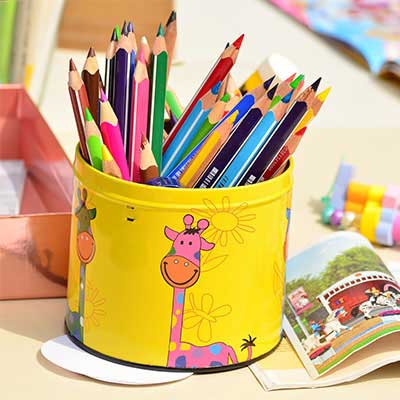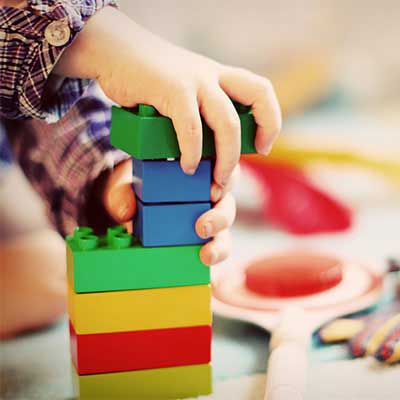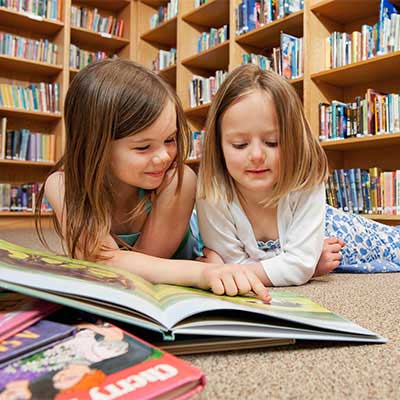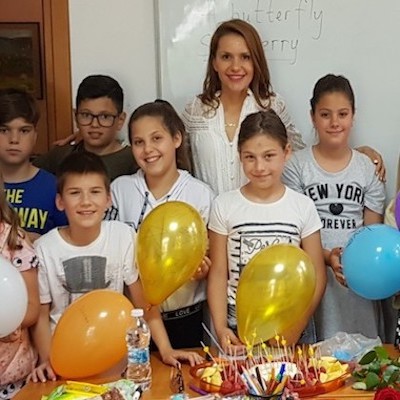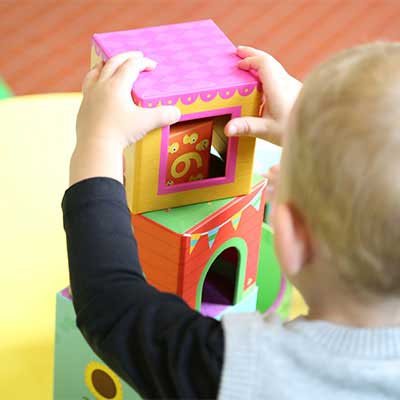Psychodrama Therapy
Psychodrama Therapy
Group therapy with Children
Psychodrama With Children: Healing Children Through Their Own Creativity.
Psychodrama therapy is a form of experiential psychotherapy that involves using drama and role-play to explore and address emotional and psychological issues. It is particularly effective for children because it allows them to express themselves in a safe and supportive environment, and it encourages creativity and imagination.
Back To HomePsychodrama therapy of children and Youth
Psychodramatic therapy of children differs profoundly from treating adults with this method and demands a lot of the psychodrama therapist. Children communicate differently from grown-ups. Playing is their instrument of expressing their inner world and they use symbols to do so. One can say: Playing is their „royal way“ to express the unconscious. They search for their possibilities by „Doing and Acting“. They test their inner images by acting them out and bringing them to the appropriate stage.
A child is very serious when playing. Children are very good at constructing their own reality. They choose the appropriate roles themselves and are able to find their own solutions for their everyday problems.
Emotional intelligence development groups help children understand and accept their emotions. The group is a safe space where children have the opportunity to develop new strategies for dealing with conflict, being spontaneous and creative
Children play, choose subjects, places, and roles. That is the way they express themselves, develop, and have fun. One can say that this is the origin of psychodramatic therapy. Our psychodramatic method is based on this kind of play and included the basic steps and elements of human development. The play is an aspect that can be explained as follows: People who play experience a new possibility to enter into their own creativity and thus take an active part in creating their own way of life. That is why symbolic play and symbolic acting are very important in the therapy of children. It creates affective and cognitive flexibility and fields of learning for children. Modern neuroscience confirms how necessary emotions and the active involvement of the body are for any change of behavior and coping strategies.
Children rarely do have words for the painful relationships they suffer from. You can understand those children by entering their world by playing with them and getting into contact with them by taking a role in their play. It gives them a kind of protection from being overwhelmed by their current problems. Playing children show a high level of creativity. They find roles with aspects of fun and convenience instead of falling back into their roles of suffering. They become lively beings and can feel their livelihood and realize themselves as active human beings.
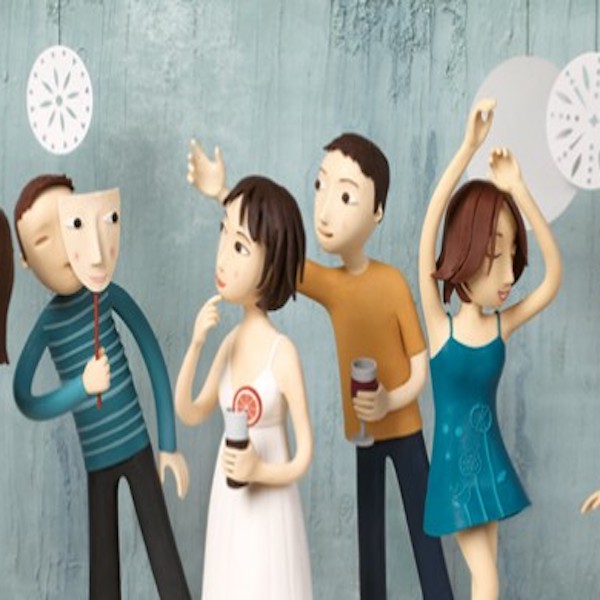
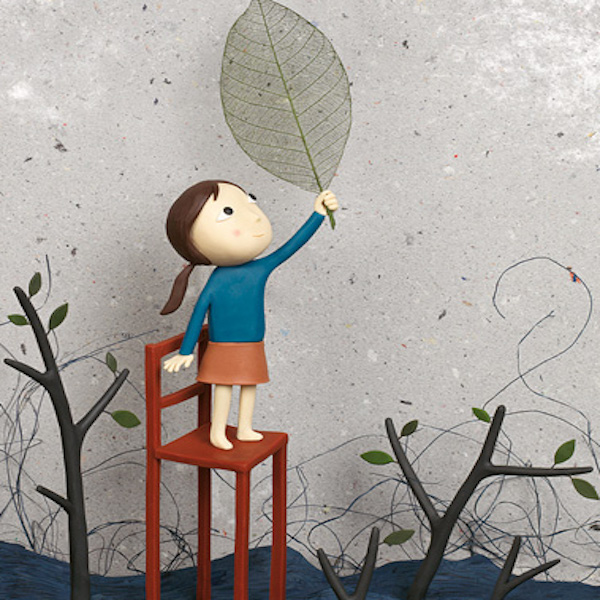
Here is an outline for a typical psychodrama therapy session for children at Delphin:
Warm-up: Our therapist begins by leading the children through a series of relaxation and visualization exercises. This helps them to feel comfortable and open to the process.
Introduction
The therapist introduces the theme for the session, which might be related to a particular issue or problem that the child is struggling with. For example, the theme might be "feeling left out" or "dealing with anger.
Role-playing
The therapist asks the children to act out scenes related to the theme. They might use props or costumes to help them get into character. For example, if the theme is "feeling left out," the children might act out a scenario in which one child is excluded from a game or activity.
Reflection
After the role-play, the therapist leads a discussion about the scene. They ask the children to reflect on what happened and how they felt. This is an opportunity for the children to explore their emotions and gain insight into their own behavior and the behavior of others.
Problem-solving
The therapist works with the children to come up with solutions to the issue or problem that was addressed in the role-play. This might involve brainstorming ideas, practicing communication skills, or learning coping strategies.
Social skills:
The therapist might use role-playing to help children practice social skills, such as making friends or resolving conflicts. For example, the children might act out a scenario in which one child is being teased, and they have to come up with strategies for responding.
Trauma:
Children who struggle with anxiety might benefit from psychodrama therapy as a way to practice facing their fears. For example, the therapist might use role-playing to help the child practice talking to new people or performing in front of others.
Anxiety:
The therapist introduces the theme for the session, which might be related to a particular issue or problem that the child is struggling with. For example, the theme might be "feeling left out" or "dealing with anger.
Self-esteem:
Children who struggle with self-esteem might benefit from psychodrama therapy as a way to explore their own strengths and capabilities. For example, the therapist might use role-playing to help the child imagine themselves as a confident and capable person and to practice speaking and acting in a way that reflects that self-image.

Closure
Our therapist ends the session by summarizing what was learned and encouraging the children to continue exploring their feelings and behaviors outside of therapy classroom.
Psychodrama therapy is an effective way to help children work through emotional and psychological issues in a fun and engaging way. It encourages creativity, imagination, and self-reflection, and it can help children build skills for coping with difficult situations in their daily lives. In the group, children are supported to be spontaneous, to find different strategies to cope with difficult situations and to learn new patterns of behaviour.
Make an Appointment
Classes are held in small groups: 4/6 - 8 children. Register a psychodrama therapy session for your child.
Once a week, about an hour and a half, for 4 months. The price is 20 BGN per appointment, 290 for the whole course in one payment or 160 BGN in two instalments.
Register a Session
